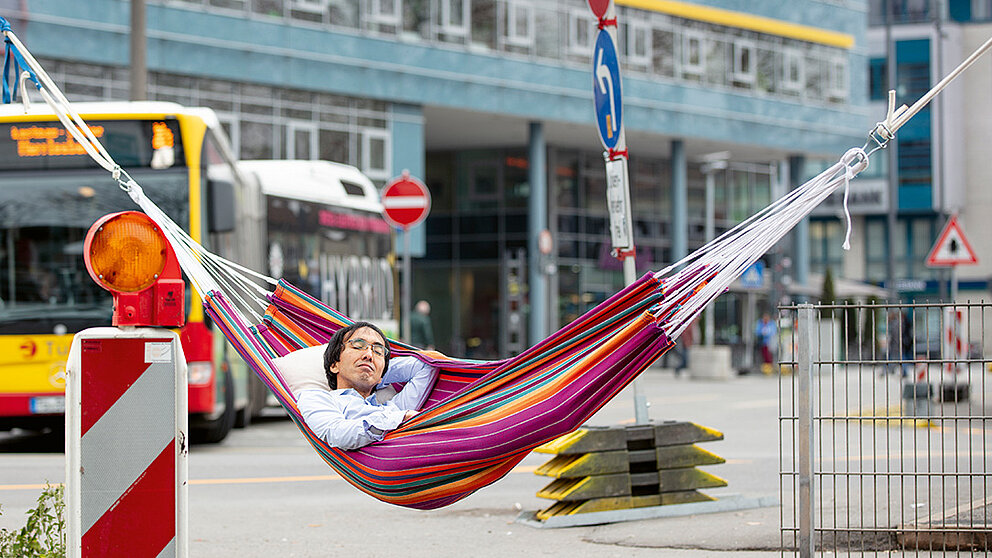Jump to the content
- {{#headlines}}
- {{title}} {{/headlines}}

KOU MURAYAMA
The Japanese psychologist Professor Dr Kou Murayama investigates human motivation. In April 2021, he relocated from the University of Reading, UK, to the University of Tübingen to take up an Alexander von Humboldt Professorship.
In fact, most people are afraid of being bored if they have nothing particular to do, says Murayama, who conducts experiments to study inactivity: for example, he got participants to sit in a dark, empty room for 20 minutes with no way of amusing themselves. They were asked what they expected from the quiet time ahead and then had to evaluate it afterwards. “Most of them feared that it would be unpleasant but were surprised that they didn’t find it so bad after all,” says the researcher. They had had time, for instance, to think about the things they still had to do that day.
In another experiment he gave the participants the choice of spending the quiet time doing nothing or surfing the Internet. Most chose the Internet. But in the subsequent evaluations there were no differences between the two groups. Murayama concludes that we underestimate the joys of inactivity and thus avoid it. But this means we also miss out on its benefits, such as thinking up creative solutions to tasks or really relaxing. “People who let their minds wander now and again often make better decisions in life,” says Murayama.

